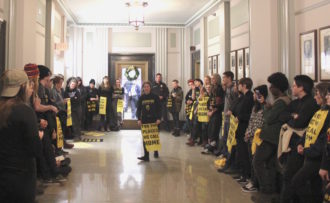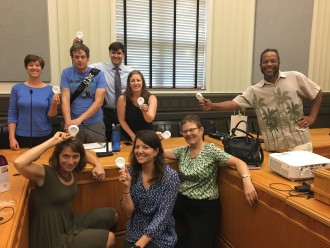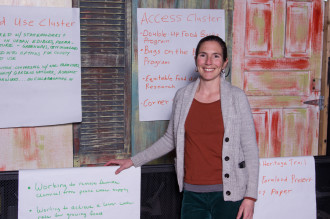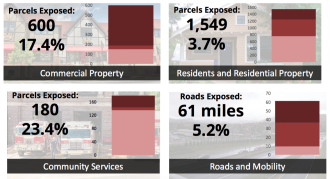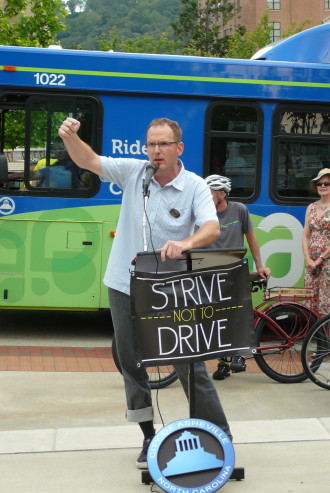In fiscal year 2019-20, the most recent year for which data is available, the city emitted the equivalent of roughly 18,000 metric tons of carbon dioxide. Its target for the year was approximately 15,600 metric tons of CO2, about 15% less than the actual figure.




